History of Horology
Dawn of time tracking

Mechanical discoveries of the Renaissance

It is not until the 13th century that we saw what would be a great help for the future, the astronomical clocks. Their goal was to continuously inform populations regarding religious offices or public events as well as giving a mechanical representation of the solar system.
The renaissance saw horology craftsmanship, which was mostly Swiss and Frenc. They started to search for ways to develop and especially miniaturise existing systems. They wanted to make it more accessible while impressing royal courts over Europe. Their efforts will lead to the creation of the first small sized mechanical watch in the 1490s. Mechanical watches will remain the only miniaturized system until the end of the 1970s and the invention of the first electronic watch.
Watch development grew even faster in Switzerland especially from 1541 as a ban on jewelry was adopted. It was pursued by Jean Calvin, a french pastor who left the Catholic church in order to pursue the ways of Protestantism, and who gained a lot of influence over Geneva. All master jewelcrafters who didn’t leave the town went on to work in horology .
The challenge that appeared for every watchmaker was now one of time and hardwork as they thrived to make time instruments more and more precise, especially with the apparition of the race to the New World and the need for sailors to know where and when they were with the utmost precision.
Wrist watch and present
The wrist watch apparition is what makes horology jump into the 20th century. It completely changes the way people look at watches. It goes from being viewed as jewellery to the tool that is on your wrist everyday no matter where you are. It becomes quickly linked to other mechanical worlds such as automobiles or aviation with the creation of exclusive time recording tools for them.
Nowadays watches become more and more precise with every second that passes. Watch progress is often associated with technological progress. The goal is to further miniaturize the mechanisms while adding new complications to get watches as versatile as possible. May they be electronic watches, smart watches, or handcrafted mechanical watches they have become more than an object, they are a companion.








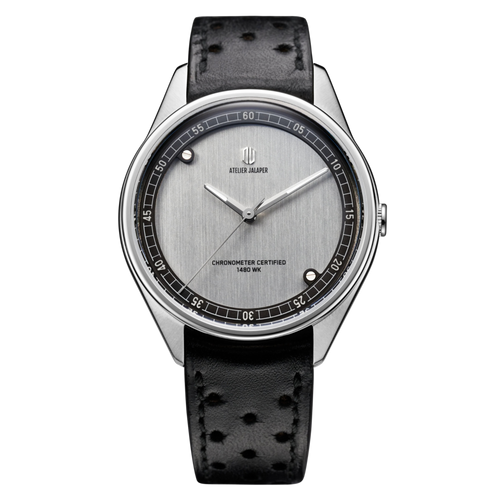
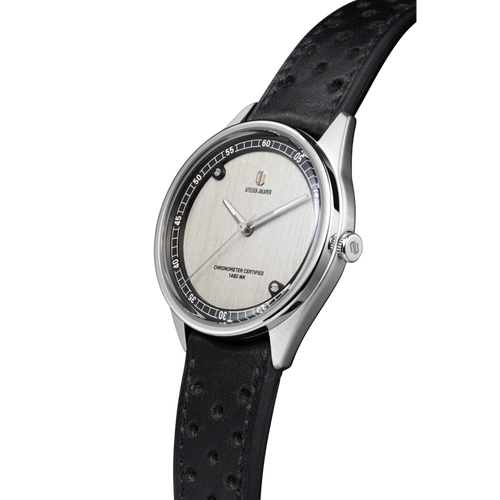
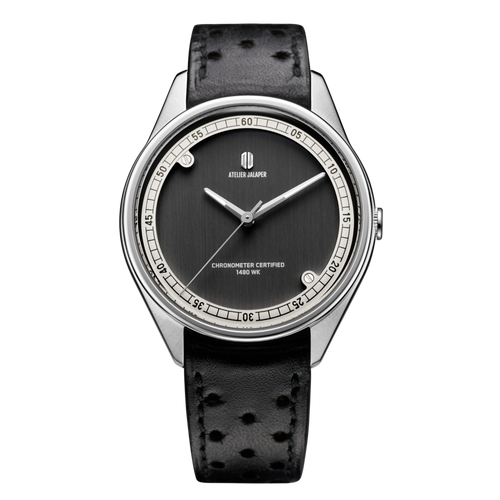
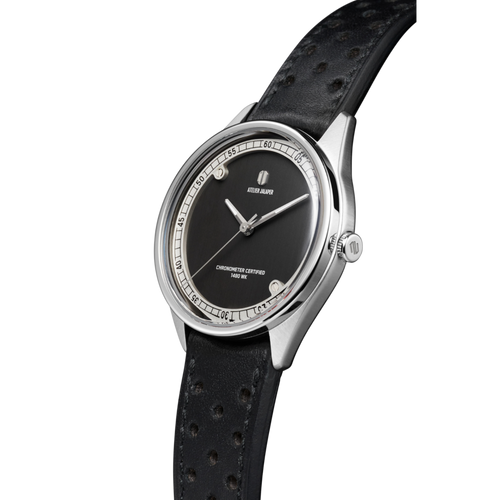
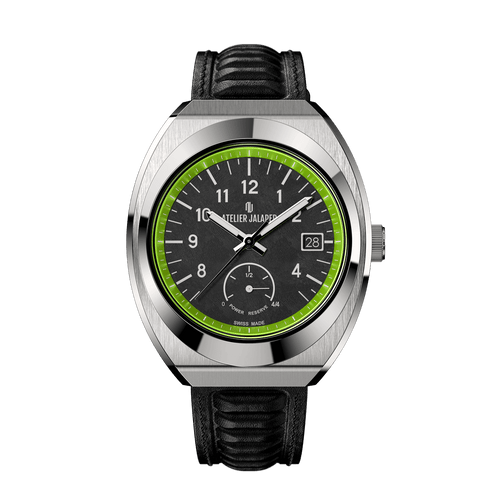
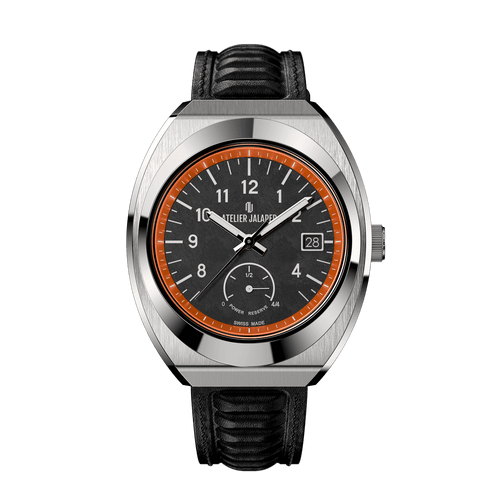
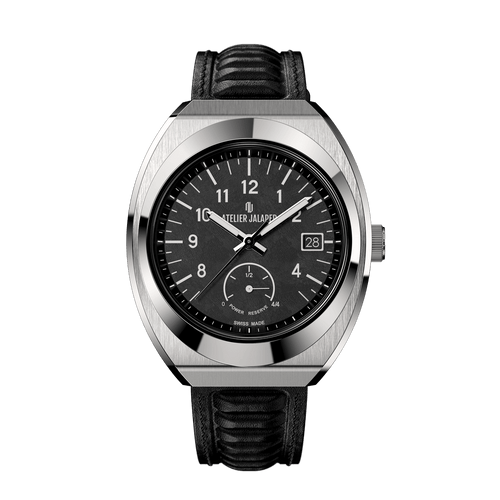
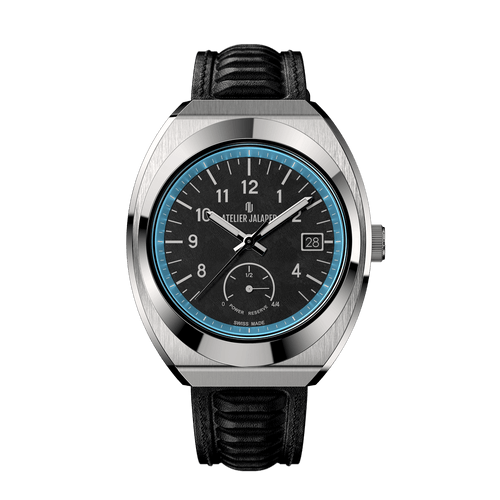
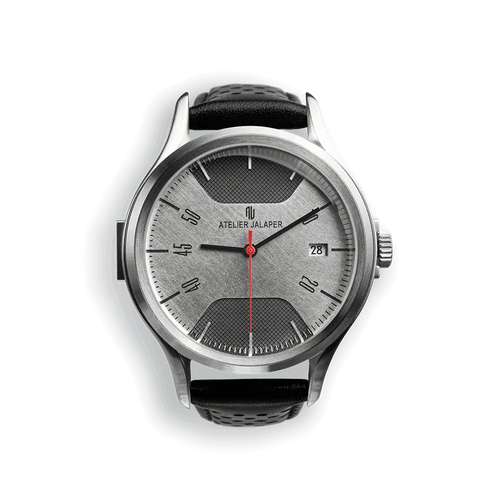
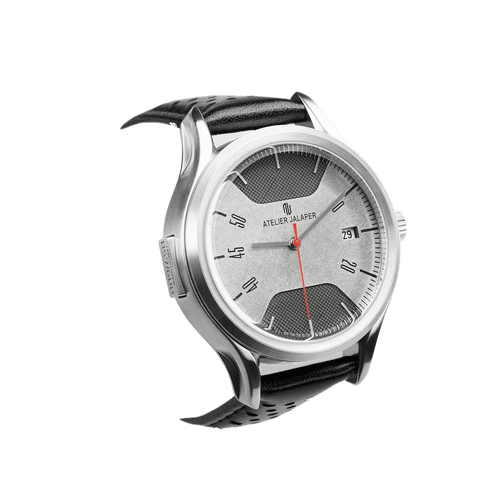
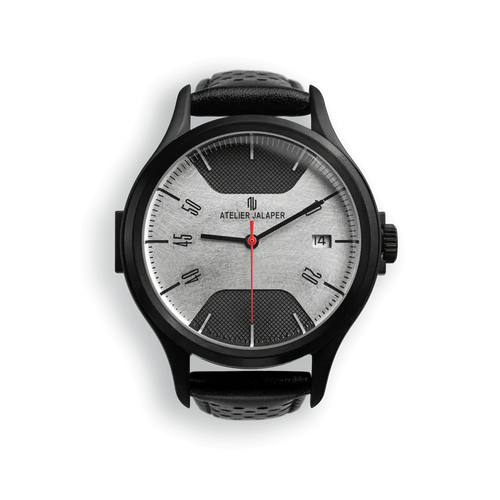
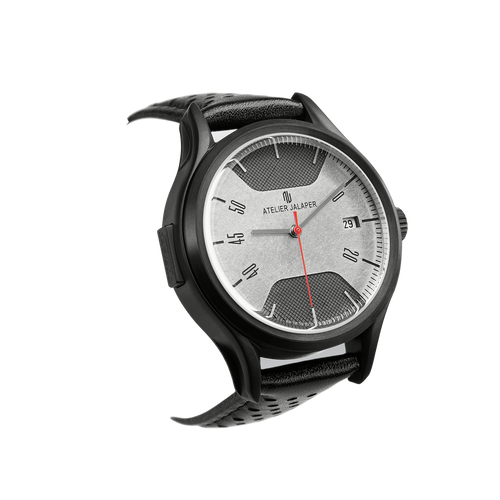
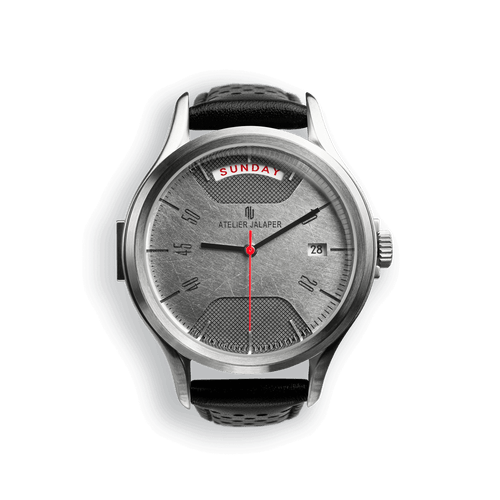
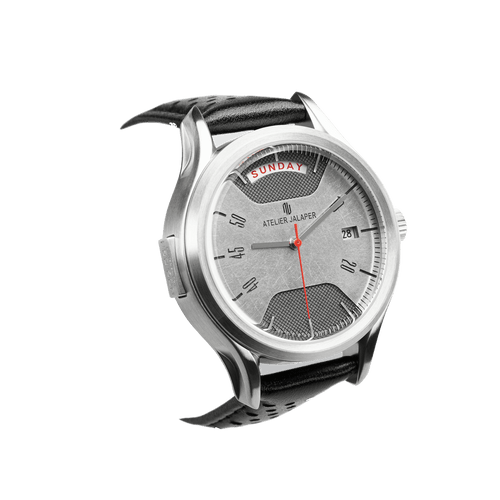
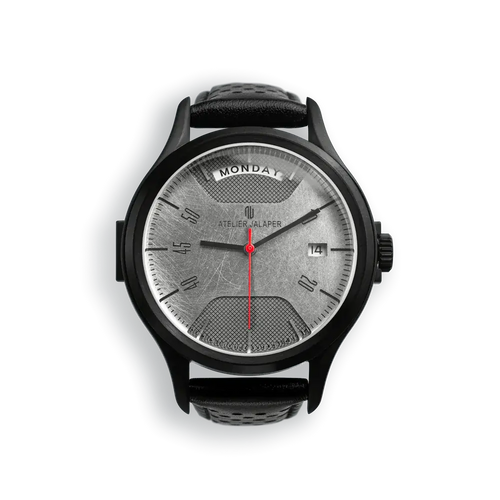
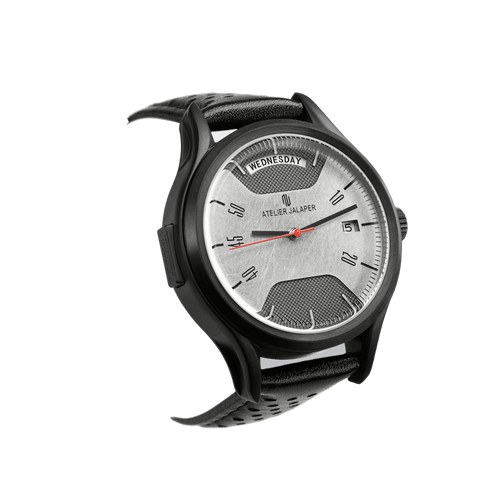


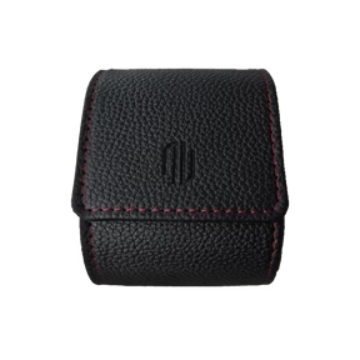
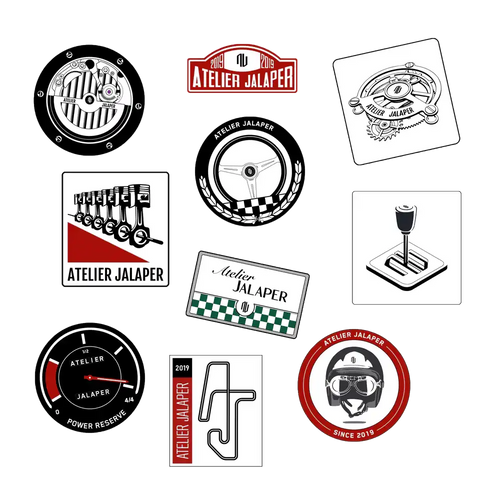
Leave a comment